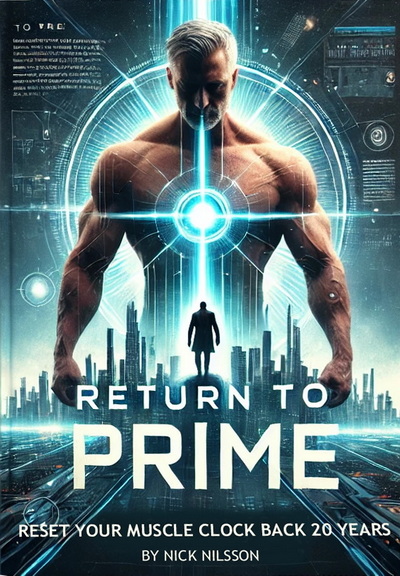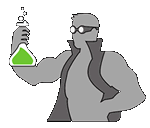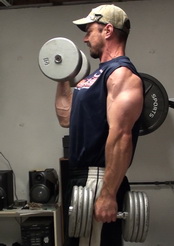You'll be going back and forth between 10 rep sets of push-ups (done on a bar) and barbell floor press (which hits the top range of motion of the press).
These two exercises, even though they are both "pressing" movements, are very different functionally. The push-up is a closed-chain exercise, which means your hands are anchored and your body is moving through space. These types of exercise are generally more effective for muscle fiber activation.
The floor press (or partial-range press) is an open-chain exercise, which means your body is "anchored" while your hands have the resistance in them and are moving through space.
Both exercises are effective and have their place in a training program....however, by ALTERNATING sets of each type of exercise with very little rest, I find this causes the body to pump a LOT of blood into the target muscle.
This combination sets up the perfect situation for "pump" training for muscle development and for rehabbing injuries.
For me personally, I came up with this combo to rehab a pec strain that affects me more in the very bottom of the range of motion. Push-ups were ok but didn't give me enough resistance. And barbell bench press was only ok in the top range of motion.
By alternating light sets of these two exercises for 10 reps each, doing 2 to 4 rounds of each exercise, I'm able to force a LOT of blood into the pecs and help speed the healing process, without causing any further injury.
I find it to be MUCH more effective than just doing high reps of a single exercise, due to the different kinetic focus of the two exercises (open and closed chain).
Here's what it looks like:
Exercise 1 - Push-Ups on the Bar
Set a bar in the rack a couple of feet up off the ground. This is an incline angled push-up, which reduces the resistance of your body. You can use a Smith machine for this as well - no problem there.

While KEEPING your arms locked-out, I want you to let your chest come down towards the bar. This automatically brings your shoulder blades together, which helps stabilize the shoulder joint.
Now bend your arms and come down into the push-up.

Perform 10 reps of push-ups.
Exercise #2 - Partial-Range Barbell Bench Press
Now slide yourself under the bar. It should be already loaded with the weight you're going to use for the partial press off the rails/floor press.
I normally don't recommend the Smith machine but in this case, it's totally fine. The Smith was originally designed for performing partial-range training anyways, and in this shorter range of motion, a straight up and down bar path will just fine. Plus, if you are rehabbing an injury, the extra stabilization may very well be helpful.

Press the weight off the rails in a controlled manner for 10 reps.


Once you've completed 10 reps, come back and get into the push-up position. Do 10 more reps.
Repeat for 2 to 4 cycles of 10 reps, taking no rest in between sets.
I find this alternating between open and close exercises really forces a lot of blood into the target area. And yes, you can absolutely extend this concept to other muscles.
For example, alternating sets of seated cable rows and inverted rows (bodyweight rows, basically)...or pulldowns and pull-ups. You could also do shoulder presses and pike handstand push-ups, or dips and close-grip bench press.
The list goes on, but basically the idea is to alternate reps of exercises where your BODY is the resistance with exercises where you're using EXTERNAL resistance, like dumbbells or a barbell (or even a machine...they're actually very useful for rehabbing injuries when stabilizing free weight is an issue).
If you're NOT rehabbing an injury, give this technique a try with a bit heavier resistance and see how you like it. The alternating sets will produce a tremendous pump in the target muscles!
If you have any issues with your Rotator Cuff, you can also work in this exercise.
---
Are you 40...50...60 or even 70+ years old and want to build muscle and strength like you did 20 years ago?
If you feel like you're fighting a losing battle, you're ready to discover the REAL secret to REVERSING muscle loss due to aging...
*** You need to train the body systems that SUPPORT your muscle mass, not just the muscle itself. ***
These underlying support systems diminish as you age, which is why you lose muscle as you get older no matter how hard you train... but with strategic training, these systems can be regenerated.
Share This Page...
Want More Mass-Building Techniques and Programs?
You'll find them here...
- Time-Volume Training - Build Muscle and Strength Like Clockwork
- Muscle Explosion - 28 Days to Maximum Mass
- Metamorphosis - Rebuild Your Body From The Inside Out



